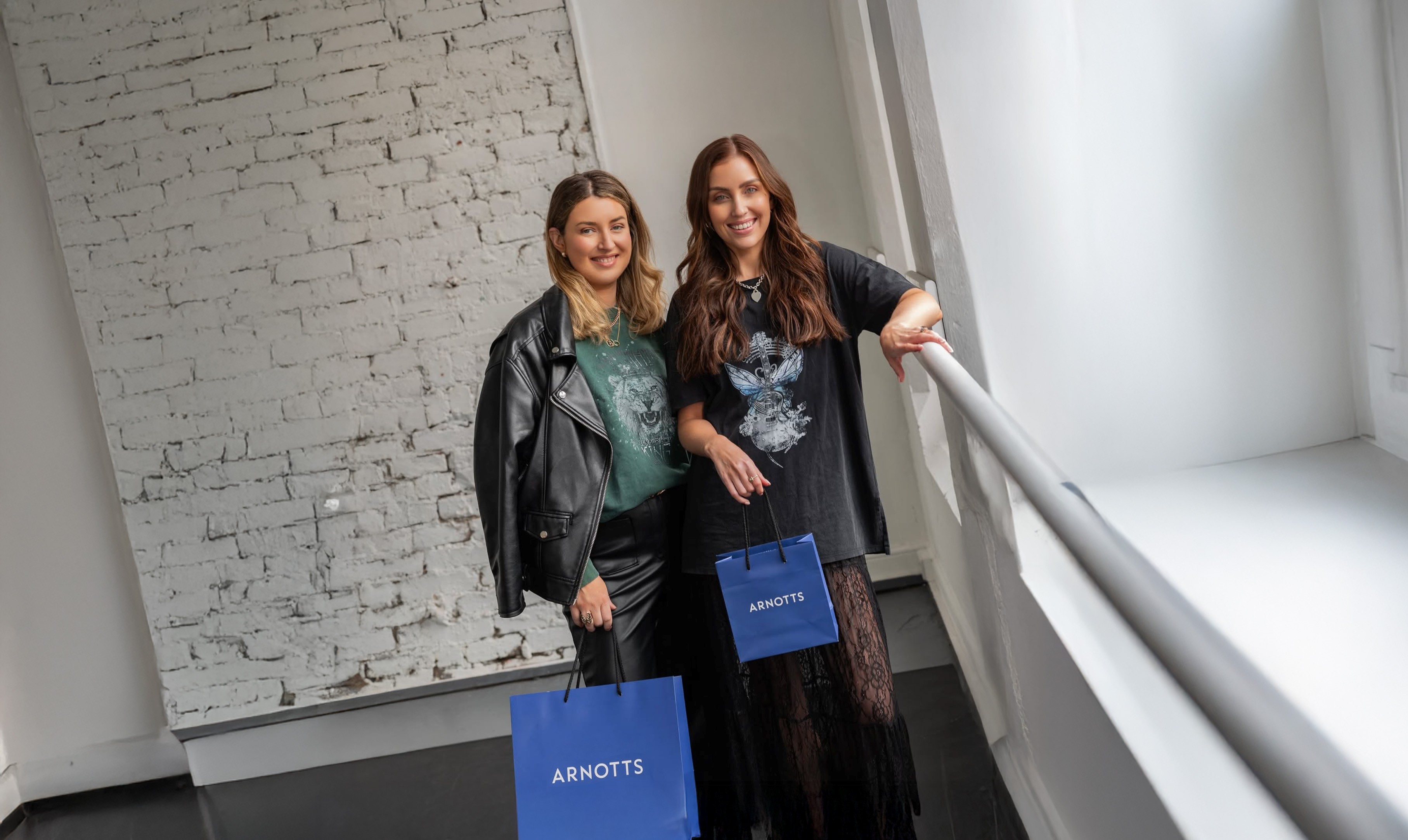
It's Not Just About the Logo
Let me set the scene: We once spent weeks designing a logo, convinced it would single-handedly transform a brand. Spoiler alert: it didn't. Don't get me wrong, logos are important—they're like the handshake of your brand. But they're only part of the story.
Marketing collateral is where the magic really happens. From brochures to digital downloads, it takes your brand from "cool logo" to "wow, I trust this company." Let's grab a coffee and chat about how to create collateral that doesn't just look good but works hard.

A brand brochure featuring Patagonia's smart headlines and content. Image source: Patagonia
1. High-Impact Marketing Collateral: What's the Secret?
Crafting memorable collateral is like baking the perfect cake—get the ingredients right, and you'll have everyone coming back for seconds.
Consistency is Everything
Have you ever seen a brand use five different shades of its "signature" blue? It's like showing up to a meeting with mismatched socks—distracting and a bit awkward. To build trust, keep your colours, fonts, and tone consistent across all materials.
Example: Airbnb's brochures mirror its app—welcoming, sleek, and community-focused. It's all about feeling familiar.

Image source: Airbnb
Clear, Impactful Messaging
Your audience doesn't have time for vague slogans or wordy explanations. Every piece of collateral should answer one question: What's in it for me?
Pro Tip: Instead of "We deliver innovative solutions," try "Tools to make your life easier." It's punchy, relatable, and gets to the point.
Quality Design and Imagery
We've all judged a brand by its visuals. (No shame—we're human.) High-quality design and imagery show that you're professional and detail-oriented.
Example: Tesla's minimalist brochures echo their high-tech vehicles. Every detail screams premium and cutting-edge.
2. The Different Types of Marketing Collateral
Marketing collateral isn't one-size-fits-all. Here's how to choose the right tool for the job:
Printed Materials
Brochures, business cards, and flyers are classics for a reason. They're tactile, memorable, and perfect for in-person events like trade shows or meetings.
Digital Collateral
Think e-brochures, downloadable PDFs, and infographics. These are your go-to for online sharing and email campaigns.
Example: Patagonia's digital reports align with their sustainability mission while providing valuable insights.
Promotional Merchandise
Branded swag—like tote bags, notebooks, or mugs—isn't just fun; it's a lasting reminder of your brand.
Quick Tip: Quality matters. A flimsy tote bag isn't doing your brand any favours.
3. How to Create Collateral That Resonates
Here's where things get exciting. Let's talk about making collateral that truly connects with your audience.
Know Your Audience
If you don't know who you're talking to, how can you know what to say? For example, Ciara, a strategic marketing leader, values clarity, professionalism, and innovation. Your collateral should speak her language—think sleek, insightful, and results-driven.
We once designed a colourful, playful campaign for a client whose audience was very formal. It was awkward. The lesson learned: research first, create second.
Tell a Story
People don't just buy products—they buy stories. Use your collateral to share your brand's journey, values, or customer success stories.
Example: Old Spice's humorous storytelling turned them from "dad's deodorant" to a modern, must-have brand.

Image source: Old Spice
Include Clear CTAs
Your audience should never wonder, "What now?" Whether it's "Visit our website" or "Download the guide," make the next step obvious.
4. Adapting Traditional Collateral for the Digital Age
We live in a digital-first world, and your marketing materials should reflect that. Here's how to make the switch:
Optimise for All Devices
Your PDF might look great on a desktop, but what about a mobile phone? Design with responsiveness in mind to keep your audience engaged.
Leverage Analytics
Digital assets let you track engagement, such as downloads, click-through rates, and shares. Use this data to refine your approach.
Example: Patagonia uses analytics to measure the reach and impact of their sustainability reports.
5. Measuring Your Success
So, how do you know if your collateral is working? Here are the metrics that matter:
Engagement Metrics
Track click-through rates, downloads, and social shares to see what resonates with your audience.
Lead Generation
Collateral, such as case studies or whitepapers, can be powerful tools for capturing leads. Make it easy for your audience to exchange their email addresses for valuable content.
Brand Perception
Gather feedback through surveys or one-on-one conversations to ensure your materials reflect your brand's desired image.
Let's Elevate Your Marketing Collateral
Ready to create collateral that speaks volumes? As a branding and marketing collateral agency, we specialise in designing materials that are as effective as they are beautiful. We'll help you tell your story and connect with your audience from print to digital. Let's make something extraordinary together.



